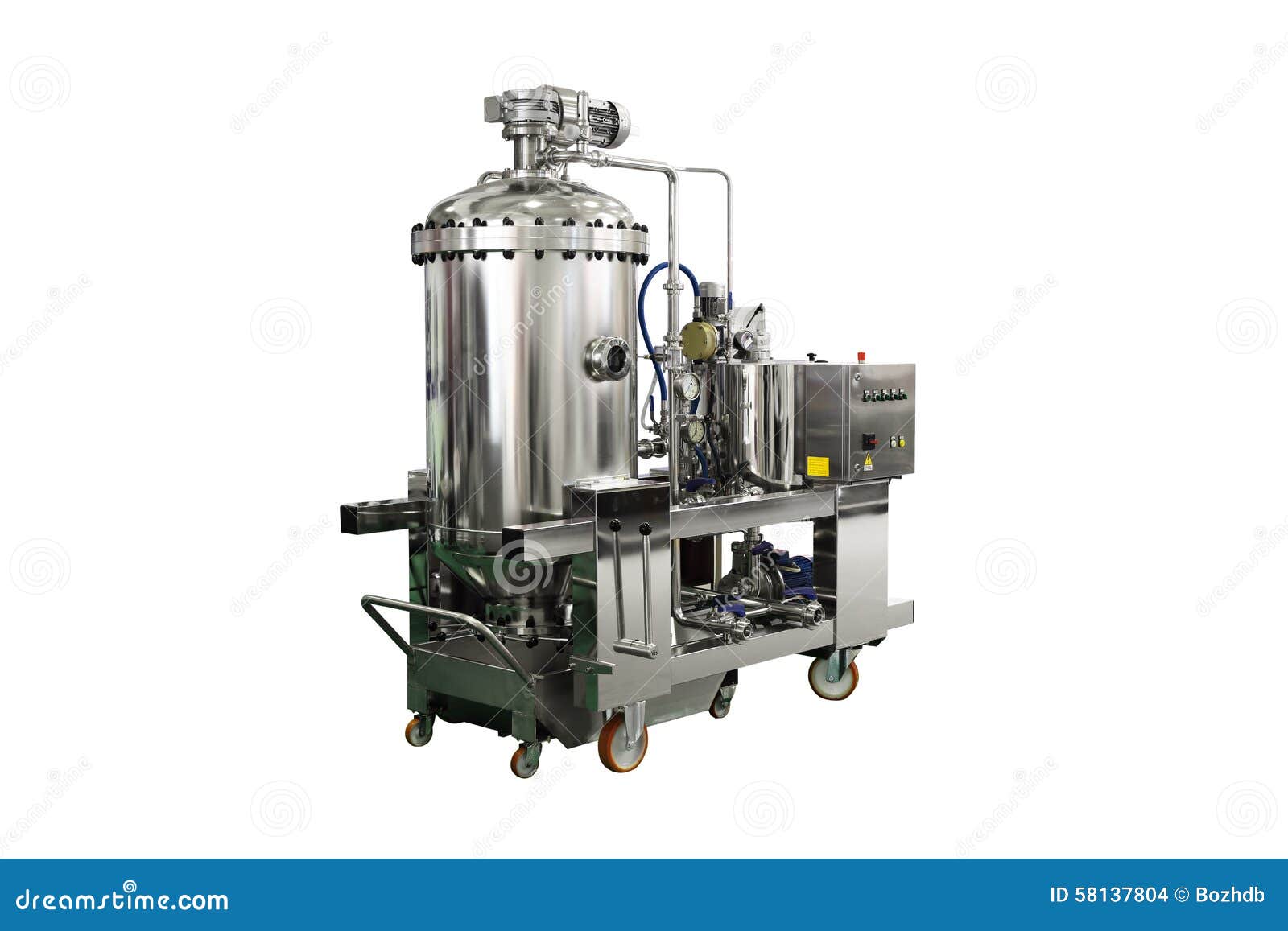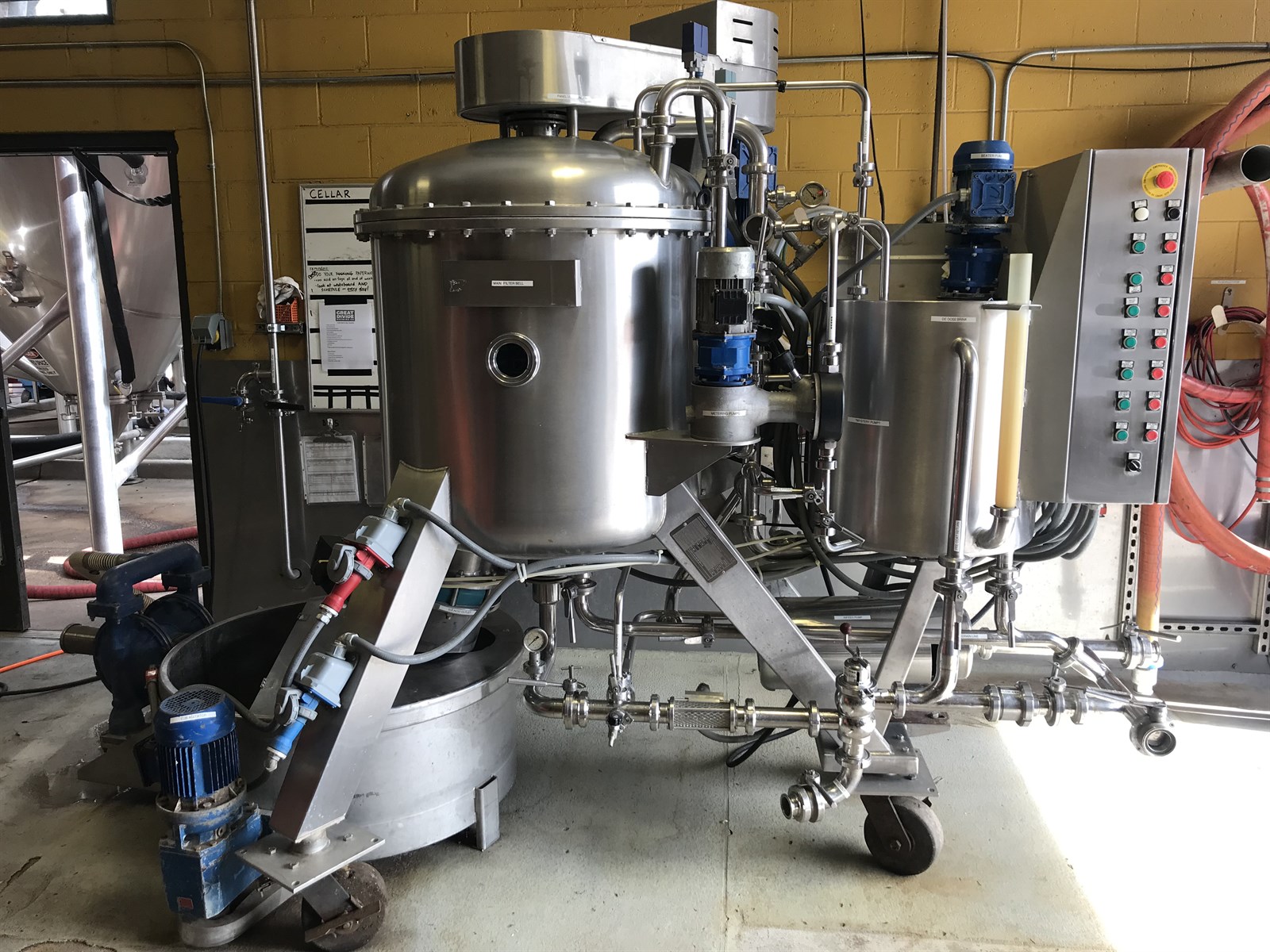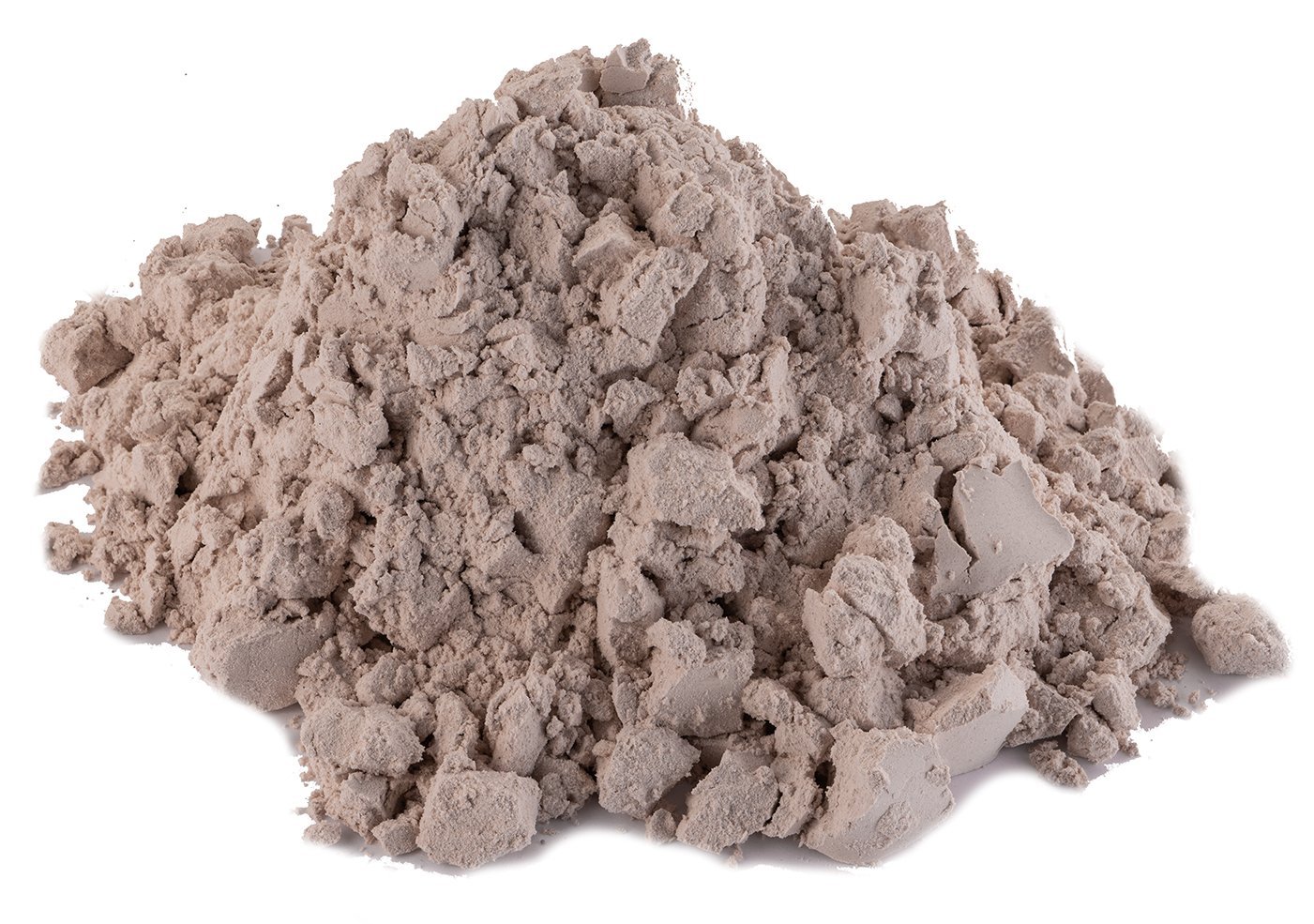The Science Behind Diatomaceous Earth Filtering for Superior Filtration Results
The Science Behind Diatomaceous Earth Filtering for Superior Filtration Results
Blog Article
Diatomaceous Planet Filtering: A Natural Option for Superior Water Purification

Diatomaceous Planet (DE) filtering has arised as a compelling technique for boosting water purification, utilizing the one-of-a-kind homes of fossilized diatoms. As issues over water high quality heighten, comprehending the benefits and practical applications of DE filtering system ends up being progressively relevant.

What Is Diatomaceous Planet?
Diatomaceous earth (DE) is a normally taking place, soft, sedimentary rock that is made up mostly of the fossilized remains of little marine microorganisms referred to as diatoms. These single-celled algae possess a special, silica-based cell wall surface that adds to the distinctive properties of DE. The rock is usually light and porous, enabling it to absorb different substances effectively.

Due to its high porosity and absorptive capability, DE offers numerous applications, including its usage in agriculture, insect control, and, especially, water purification. The efficiency of diatomaceous earth in filtering system is credited to its ability to trap and remove contaminations from water, making it a progressively preferred option amongst those seeking all-natural filtering options. Its environment-friendly nature and flexibility even more enhance its allure across various markets.
Just How Diatomaceous Planet Filtering Works
The one-of-a-kind structure of diatomaceous planet (DE) enables it to function as an effective purification tool in water filtration systems (diatomaceous earth filtering). Composed of the fossilized remains of small, water microorganisms known as diatoms, DE possesses a highly absorbent and porous nature. This detailed structure enables DE to catch impurities and pollutants as water moves with it, properly removing fragments as small as 1 micron
When water is passed with a DE filter, the liquid experiences a network of tiny pores that capture suspended solids, germs, and various other undesirable products. The filtration process occurs due to both electrostatic and mechanical communications, where larger particles are physically entraped within the DE's matrix, while smaller sized bits might follow the surface due to charged interactions.
Furthermore, DE can be utilized in combination with various other filtering approaches to improve overall performance. As water proceeds to flow through the DE layer, it gradually becomes more clear and cleaner, showcasing the medium's capability to enhance water quality without the requirement for severe chemicals. This natural filtration procedure highlights diatomaceous planet's function as a reliable and sustainable service for water purification.
Advantages of Diatomaceous Planet Filtering
Effectiveness in water purification is dramatically improved with making use of diatomaceous earth (DE) filtering, using numerous benefits that make it a recommended selection for several applications. Among the main benefits of DE filtering is its capacity to get rid of a variety of pollutants, consisting of tiny organisms, debris, and even particular chemicals. This capability makes sure that the water purified via this approach is not only tidy however also risk-free for intake.
Furthermore, DE filters have a high flow rate, which permits quicker filtering compared to typical approaches. This characteristic is particularly useful for large-scale procedures such as metropolitan water treatment plants or pool. Using DE likewise reduces the demand for extreme chemical additives, advertising a more ecologically pleasant strategy to water purification.
In addition, DE filtering system systems are reasonably simple to keep, requiring much less constant replacement than various other filtering media. The natural origin of diatomaceous planet contributes to its sustainability, making Find Out More it an eco-conscious option. Overall, the mix of performance, effectiveness, and environmental benefits positions diatomaceous earth filtering system Learn More Here as a leading solution in the realm of water purification.
Contrast With Conventional Water Filters
When reviewing water purification techniques, diatomaceous planet filtering stands apart in contrast to typical water filters. Standard water filters, such as activated carbon or ceramic filters, mainly focus on getting rid of contaminants via adsorption or physical obstacles. While these methods are effective for sure pollutants, they might not record smaller sized particles, germs, or viruses as successfully as diatomaceous planet (DE) filters.
Diatomaceous earth filtering system makes use of the one-of-a-kind structure of diatomite, composed of microscopic, permeable fossilized algae. This allows DE filters to trap fragments as little as 1 micron, giving superior filtration capabilities. In addition, DE filters can manage bigger quantities of water without considerable stress loss, making them appropriate for both industrial and property applications.
Moreover, diatomaceous planet is a natural and lasting material, positioning fewer environmental concerns compared to some artificial filter media. On the other hand, traditional filters commonly need routine replacement and disposal, resulting in raised waste.
Applications and Utilize Cases
Diatomaceous earth (DE) filtering system has a varied array of applications across different markets as a result of its effective filtration capacities. Among the most noticeable uses of DE is in the food and beverage industry, where it acts as a filtration tool for beer, juice, and wine this website manufacturing. Its porous structure properly eliminates impurities, making sure a clear and tasty end product.
In the realm of swimming pool maintenance, DE filters are favored for their capability to trap penalty particles, giving superior water clearness contrasted to conventional sand filters. Furthermore, DE is used in metropolitan water treatment facilities, where it assists in the removal of put on hold solids, bacteria, and other pollutants, adding to risk-free alcohol consumption water.

Beyond water purification, diatomaceous planet discovers applications in the agricultural market as an all-natural chemical and soil amendment, promoting healthier crops while reducing chemical usage. In addition, its absorbing residential or commercial properties make it beneficial in different commercial processes, consisting of oil spill clean-ups and as a filler in building and construction products. Generally, the convenience of diatomaceous planet filtering system positions it as a useful service for enhancing water quality across multiple domain names.
Conclusion
Diatomaceous planet filtering represents a lasting and efficient technique for water purification. As recognition of water quality concerns expands, the fostering of diatomaceous earth filters in different applications is most likely to enhance, contributing to boosted public health and eco-friendly preservation.
Diatomaceous Earth (DE) filtering has emerged as a compelling technique for enhancing water filtration, using the special residential or commercial properties of fossilized diatoms. As water proceeds to stream through the DE layer, it slowly becomes more clear and cleaner, showcasing the medium's capability to boost water quality without the requirement for severe chemicals.Effectiveness in water filtration is considerably improved via the usage of diatomaceous planet (DE) filtering system, providing various advantages that make it a recommended selection for numerous applications.When examining water filtration methods, diatomaceous planet filtering stands out in contrast to conventional water filters. Conventional water filters, such as triggered carbon or ceramic filters, mainly focus on eliminating contaminants through adsorption or physical obstacles.
Report this page